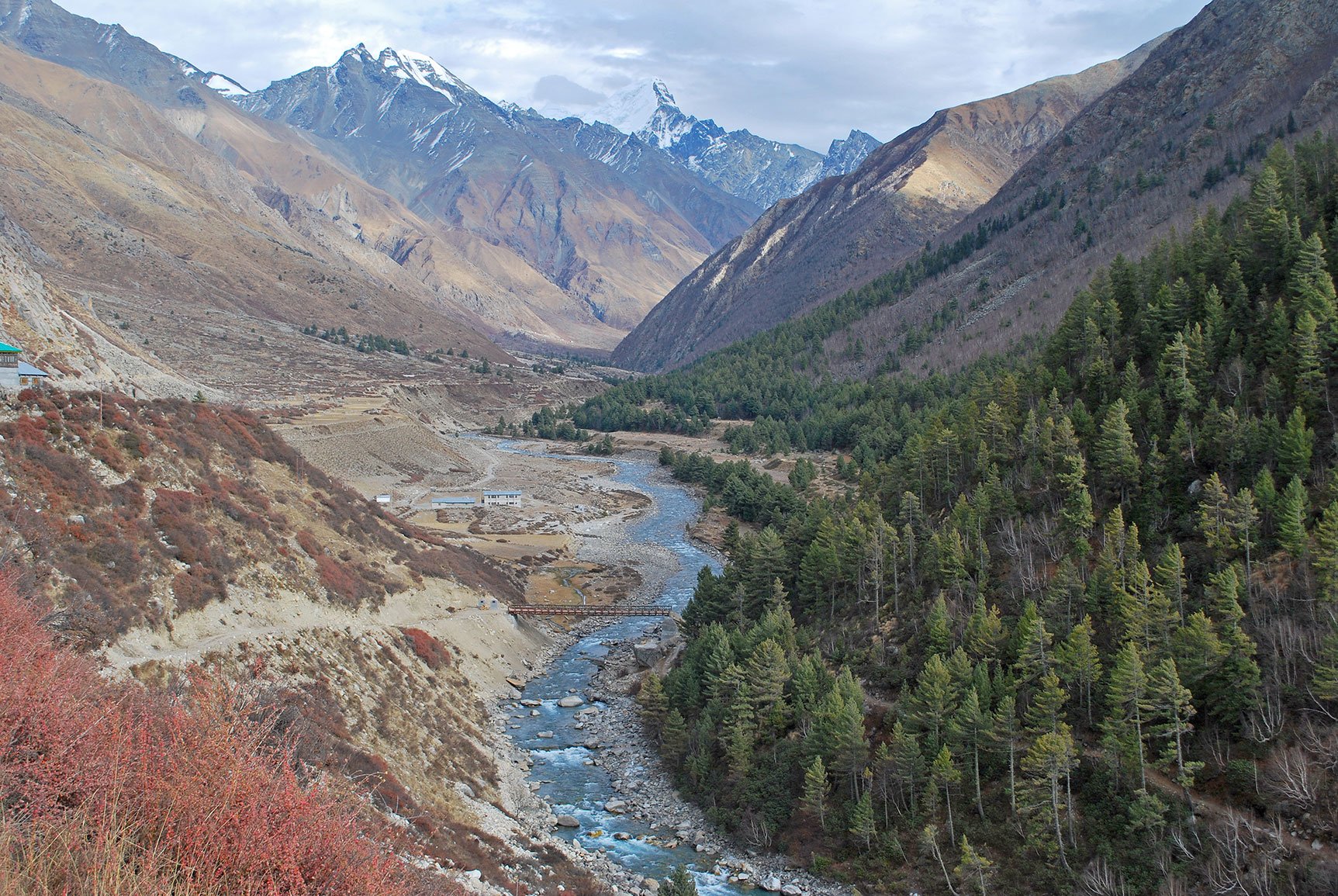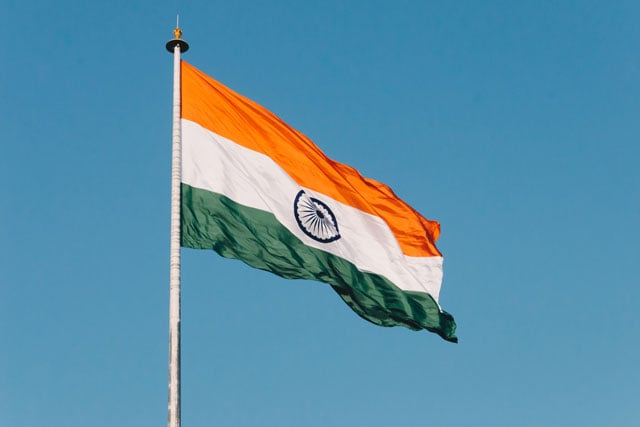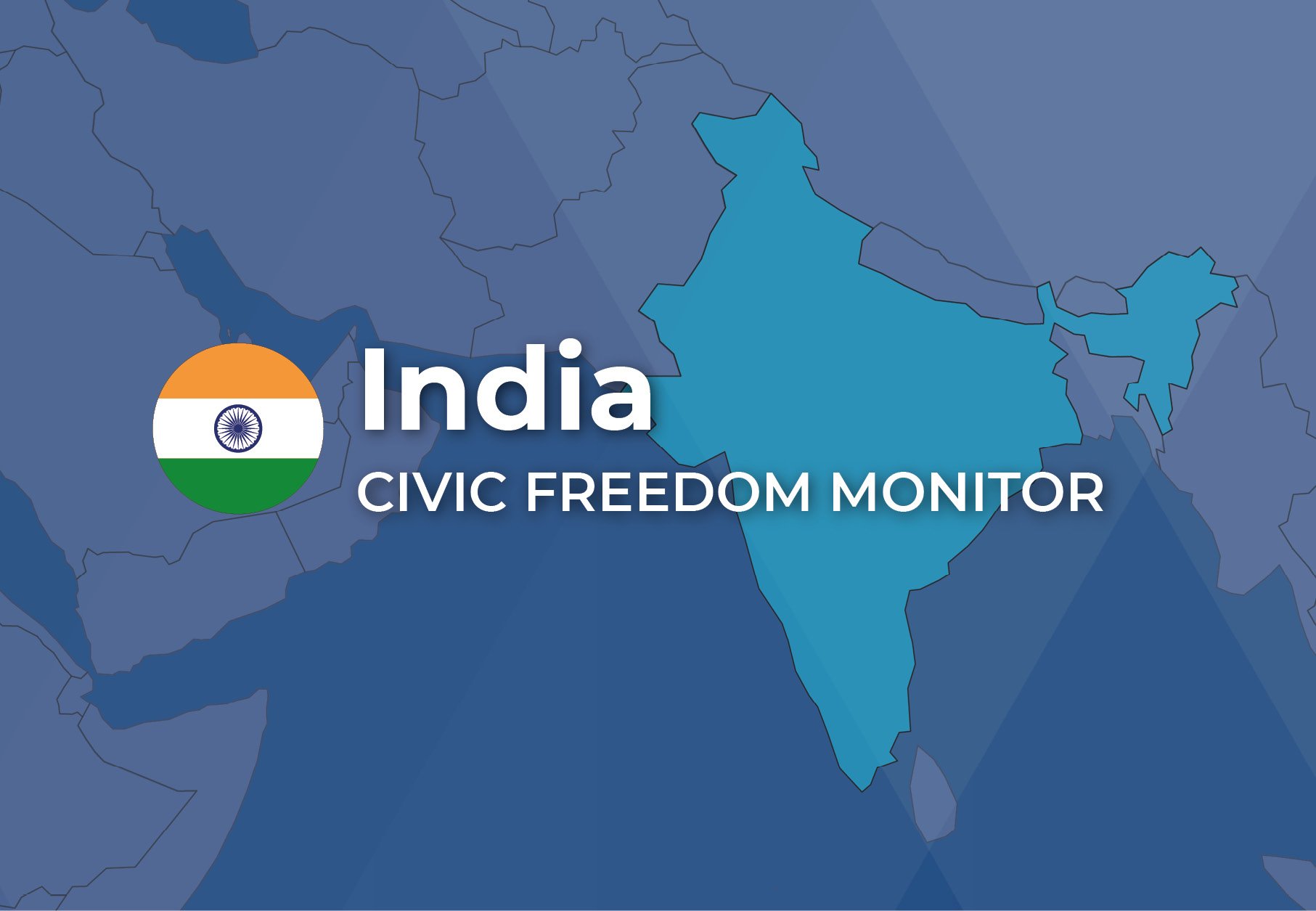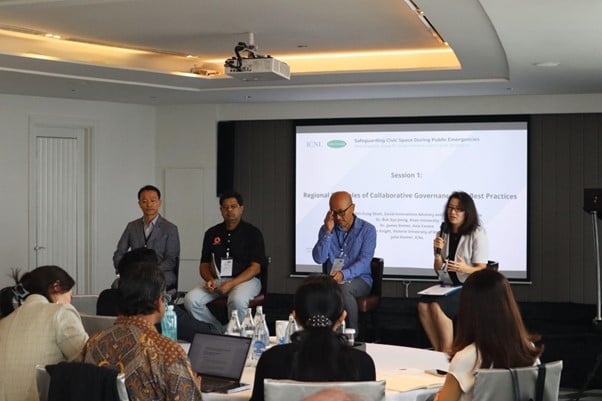On September 19, 2024, the Financial Action Task Force (FATF), an intergovernmental organization tasked with combating money laundering and terrorist financing (TF) worldwide, released its Mutual Evaluation Report (MER) on India. Although India achieved a high level of technical compliance overall, FATF notes that India needs to better comply with FATF Recommendation 8 on non-profit organizations (NPOs). Read the full analysis here.
India
ICNL’s resources and information on India.
Overview
ICNL works closely with local partners to help build civil society partnerships and provide resources on the non-profit sector and philanthropy in India. These resources include papers on the civil society regulatory framework, a philanthropy law report, and the India Civic Freedom Monitor, which offers a snapshot of Indian laws and various developments relevant to civic space. ICNL also supports efforts to raise awareness around issues related to funding, digital rights, securitization, and other areas affecting civil society in India.
Civic Freedom Monitor
Global Grantmaking Country Notes
In partnership with the Council on Foundations, ICNL maintains reports on thirty-four countries that help U.S grantmakers undertake equivalency determinations for foreign grantees. The reports in this series describe the legal frameworks for nonprofit organizations and provide translations of relevant legislative provisions.
CLICK TO VISIT THE COUNCIL ON FOUNDATIONS' WEBSITE FOR THE INDIA COUNTRY NOTEPhilanthropy Law Report
Indian culture places great emphasis on giving. The ancient philosophy of Nishkama Karma – “do good without the expectation of getting a reward” – profoundly influences many peoples’ lives. At the national level, the legal framework is considered relatively supportive of civil society, and particularly supportive of philanthropic giving. This report explores the current state of laws and regulations affecting philanthropy, unpacking the history, and the present-day legal environment. It is accompanied by supplemental materials to provide more context on civil society and philanthropy in India.
READ MOREResources & News
Sign up for our newsletters
Sign up











